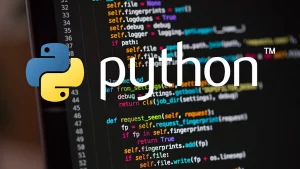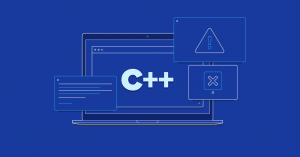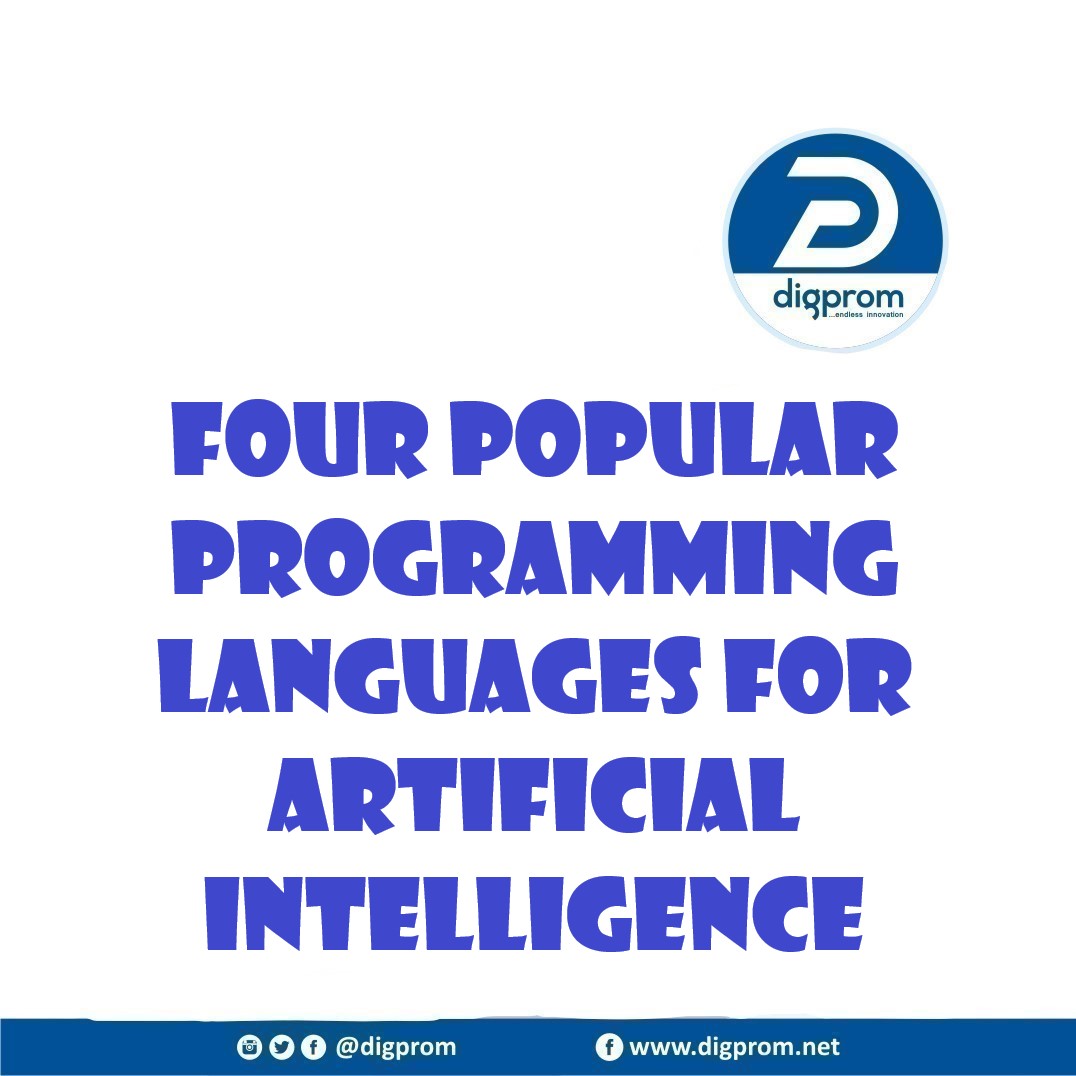Four Popular Programming Languages for Artificial Intelligence
Artificial Intelligence (AI) known simply as the intelligence demonstrated by machines, as opposed to the natural intelligence displayed by animals including humans has had its demand, including that of Machine Learning (ML) on the rise in recent times. For different problem-solving issues, many companies and organizations have adopted machine learning and Artificial intelligence.
The application of AI and ML has been useful in a variety of fields including medical science, robotics, the automotive industry, and even the Military amongst others.
As a result of the increasing demand for AI and ML, many programming languages have been created for AI programming and we will take a look at the four most used programming languages for Artificial Intelligence below:
1. Python

Python, an interpreted high-level general-purpose programming language, has its design philosophy hinged on code readability with its use of significant indentation.
The programming language commonly used for developing websites and software, task automation, data analysis, and data visualization, is arguably the most popular and accepted programming language for AI and ML. This may be due to its simple, yet concise syntax.
Python supports multiple programming paradigms, including structured (particularly, procedural), object-oriented and functional programming.
We will now take a look at some of the very important features of the programming language below:
Key Features of Python
- Artificial Intelligence (AI) programming with python is relatively fast.
- Without first implementing them, different algorithms can be out to test.
- It has a large development community.
- Python has numerous libraries that support object-oriented and procedural programming.
Python core tenets are encapsulated in the document The Zen of Python (PEP 20), which included aphorisms such as:
- Beautiful is better than ugly.
- Explicit is better than implicit.
- Simple is better than complex.
- Complex is better than complicated.
- Readability counts.
Some key libraries for python for Artificial Intelligence (AI) are TensorFlow, SciKit-Learn, NLTK, etc.
2. C++

C++, a general-purpose programming language created by Bjarne Stroustrup, is seen as the fastest programming language for Artificial Intelligence use. Known as an extension of the C programming language, the programming language can be used for intensive number-crunching in a precompiled C/C++.
The combination of C++ with a Python hybrid will promote flexibility and increased output for the development of APIs. Microsoft Cognitive Toolkits, mlpack Library, Dynamic Neural Network, and Shogun are some of the C++ libraries used for AI.
3. Prolog

Prolog usually called the declarative programming language has its roots embedded in first-order logic and is intended primarily as a declarative programming language. It is a logic programming language associated with artificial intelligence and computational linguistics and is popularly used for pattern matching in AI. The programming language is best suited for the implementation of algorithms that has a large implicit search of option.
Prolog can be used to generate code in C++, C#, Ruby, and Java.
4. Java

Java is a general-purpose programming language intended to allow programmers to write once, and run anywhere (WORA) coding languages, with the implication that all compiled Java code can run on all platforms that support Java without the need for recompilation. This of course stands it out from other programming languages. Its cross-platform compatibility makes it easy to code for windows, Linux, Android, and even iOS. Java is better used in performing neural networks and search engine algorithms with concurrency as it is faster, scalable, and easy to debug with rich libraries.
The programming language is used in AI programming to create machine learning solutions, genetic programming, search algorithms, neural networks, and multi-robot systems. One of the must-have features Java needs for Artificial Intelligence projects is object orientation and scalability.
